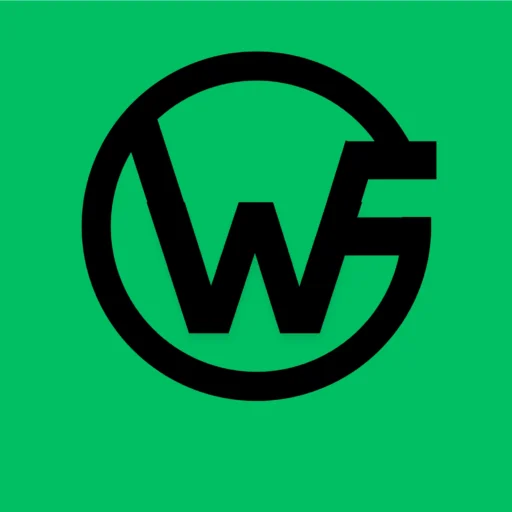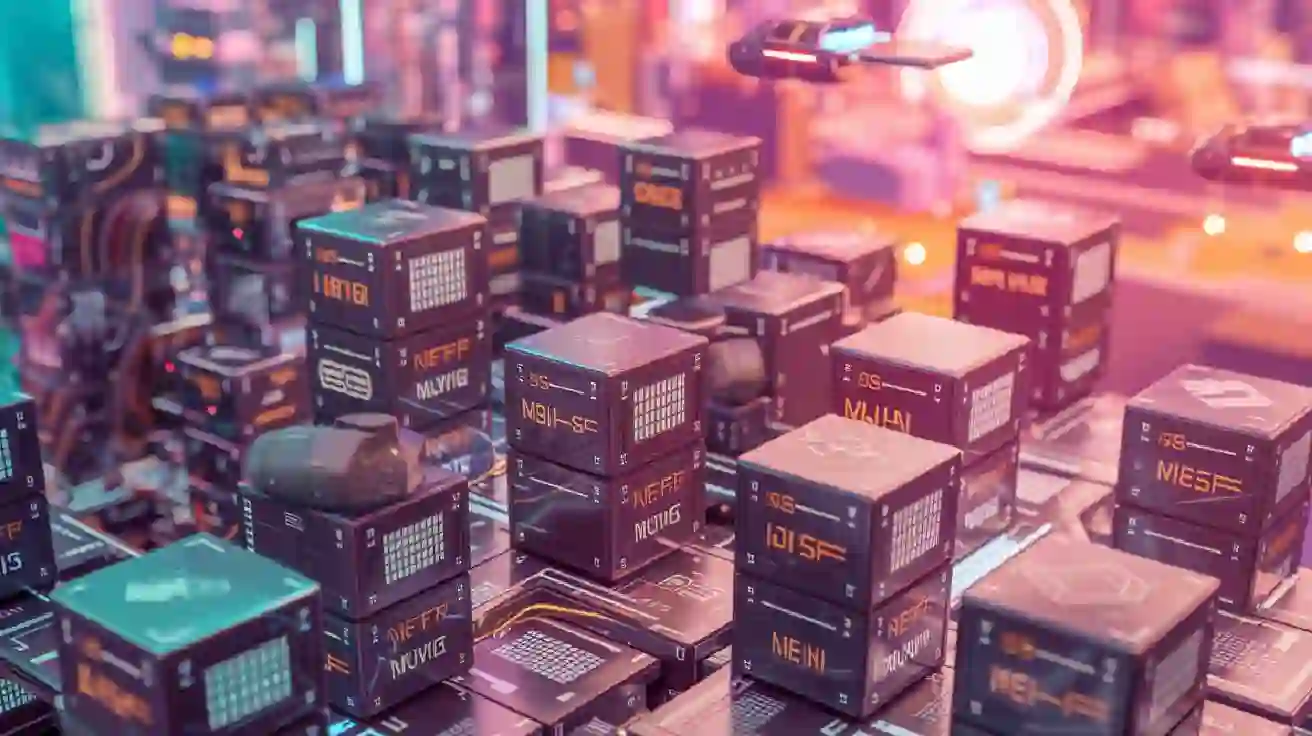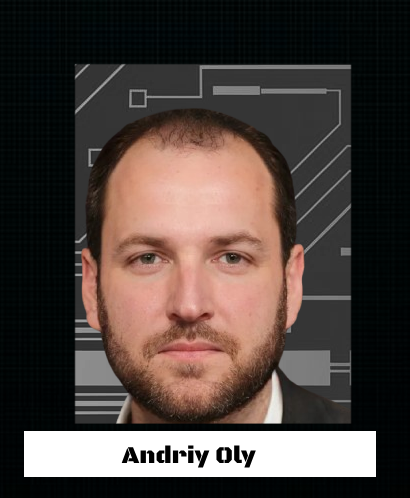In the evolving landscape of digital governance, a revolutionary model has emerged, challenging traditional hierarchical structures: the Decentralized Autonomous Organization (DAO). These entities, driven by code and community, are reshaping how organizations operate, make decisions, and allocate resources.
DAOs represent a paradigm shift, moving away from centralized control towards a distributed network of participants. By leveraging smart contracts and governance tokens, DAOs empower individuals to collectively shape the direction of an organization, fostering transparency, inclusivity, and autonomy.
The Architecture of Autonomy: How DAOs Function
At its core, a DAO is a self-executing organization built on a blockchain. Smart contracts, the bedrock of DAO operations, define the rules and logic governing the organization’s actions. These contracts are immutable and transparent, ensuring that all participants adhere to the same set of guidelines.
Governance tokens play a pivotal role in decision-making within a DAO. Token holders exercise voting rights, influencing key decisions such as fund allocation, project proposals, and strategic direction. The weight of each vote is often proportional to the number of tokens held, incentivizing participation and investment in the DAO’s success.
The Advantages of Decentralization: Unlocking Collective Potential
DAOs offer several distinct advantages over traditional organizations:
- Transparency and Openness: All actions within a DAO, including voting, funding, and resource allocation, are recorded on the blockchain, ensuring complete transparency and accountability.
- Global Collaboration: DAOs transcend geographical boundaries, enabling individuals from around the world to contribute their skills and expertise, fostering a diverse and inclusive community.
- Efficiency and Automation: Smart contracts automate many operational processes, reducing the need for intermediaries and streamlining decision-making.
- Community Ownership: DAOs empower participants to become stakeholders, fostering a sense of ownership and shared responsibility.
Navigating the Challenges: Addressing the Limitations of DAOs
Despite their potential, DAOs also face several challenges:
- Governance Complexity: Decision-making in a DAO can be slow and cumbersome, particularly when dealing with complex or contentious issues.
- Potential for Division: Disagreements among community members can lead to forks or splits, potentially fragmenting the organization.
- “Whale” Domination: In some DAOs, large token holders may exert disproportionate influence, undermining the principles of decentralized governance.
- Regulatory Uncertainty: The legal and regulatory framework surrounding DAOs is still evolving, creating uncertainty for participants.
- Security risks: Code vulnerabilities in smart contracts can lead to exploits and loss of funds.
The Spectrum of DAOs: From Funding to Collectibles
DAOs have emerged in various forms, catering to diverse purposes:
- Project Governance: DAOs are used to govern decentralized projects, such as DeFi protocols, enabling token holders to shape their development and direction.
- Grant Funding: DAOs facilitate the distribution of development funds based on community-driven criteria, fostering innovation and growth.
- Investment DAOs: These organizations pool capital from members to invest in projects or assets, democratizing access to investment opportunities.
- Collector DAOs: DAOs are used to collectively acquire and manage valuable assets, such as NFTs or digital art.
The Evolution of Governance: Towards a Decentralized Future
The concept of DAOs, while still in its early stages, is rapidly evolving. Innovations in governance mechanisms, voting systems, and smart contract technology are paving the way for more sophisticated and efficient DAOs.
The integration of prediction markets, reputation systems, and other advanced tools will further enhance the capabilities of DAOs, enabling them to tackle complex challenges and make informed decisions.
As the digital landscape continues to evolve, DAOs are poised to play a pivotal role in shaping the future of organizations and governance. By embracing the principles of decentralization, transparency, and community ownership, DAOs are empowering individuals to collectively build a more equitable and democratic future.



